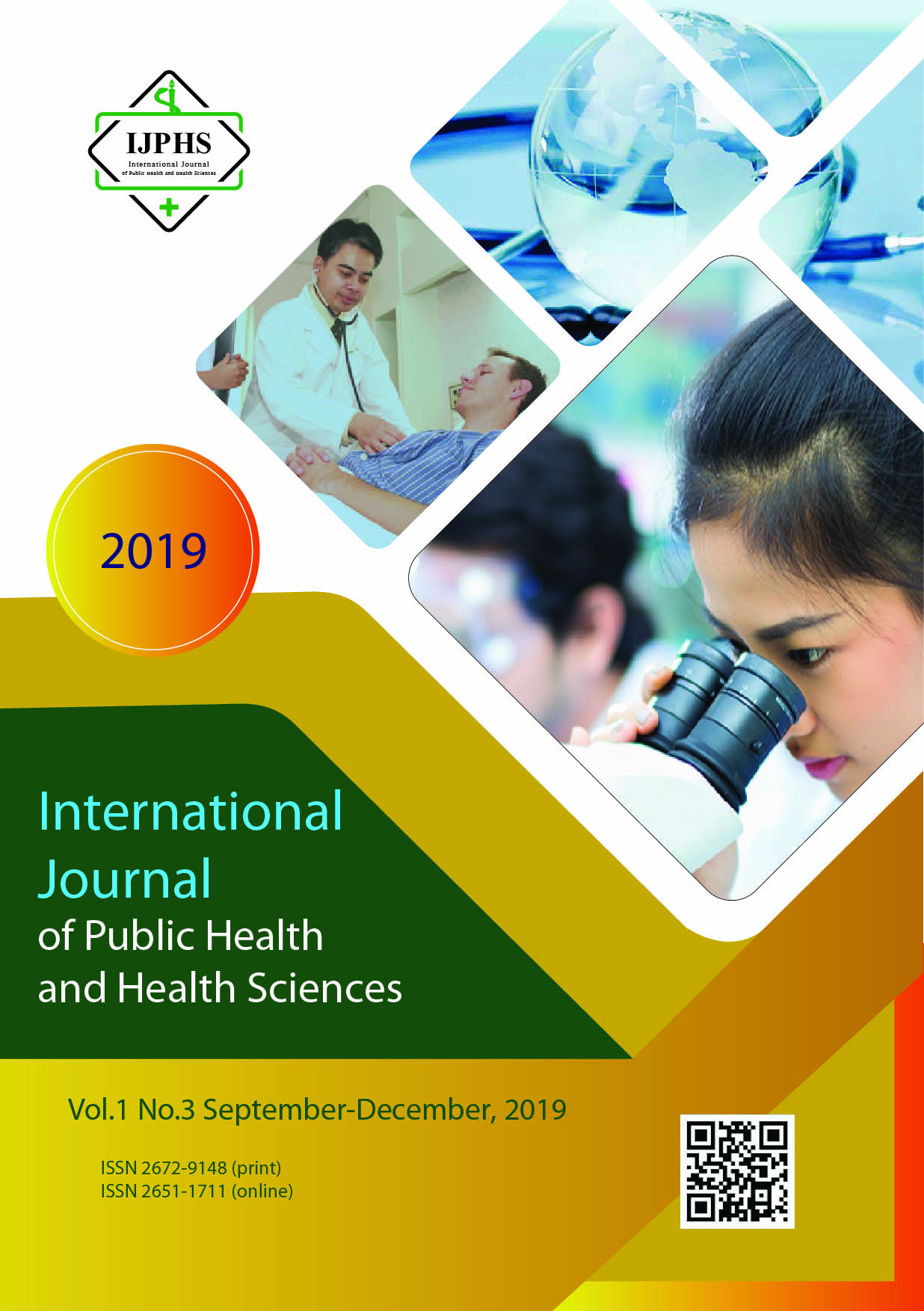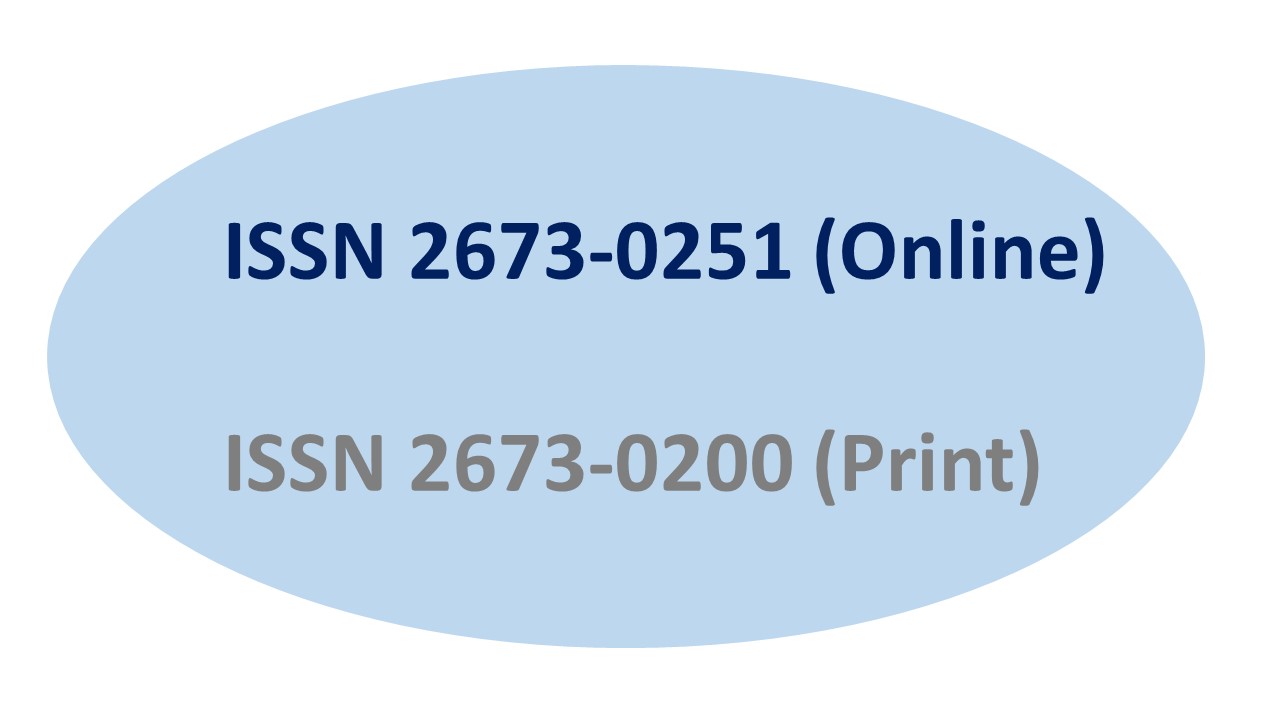Daily Life Monitoring for Older Adults by Thai Family Caregivers
Keywords:
Caregiving, monitoring, older adultAbstract
The objective of this study was to explore family caregivers’ experiences of monitoring the daily life of older adult relatives. The grounded dimensional analysis approach was applied. Twenty Thai family caregivers were recruited using the method of theoretical sampling. Data were collected through face to face in-depth interviews. Dimensional analysis proceeded with data collection. Findings indicated two distinct types of daily life monitoring, ‘in-house monitoring’ and ‘remote monitoring’. The four integrated strategies of daily life monitoring; observing, questioning, listening, and demonstrating were discovered. Changing caregivers’ life and identifying what to do were indicated as consequences of daily life monitoring which these were influenced by those monitoring strategies and the perception of caregivers on information which they gain. These findings can guide nurses and health personals in supporting caregiving families in order to keep the home care continue.
References
Bowers, B. J. (1987). Intergenerational caregiving: Adult caregivers and their aging parents. Advances Nursing Science, 9(2), 20-31.
Bowers, B. J. (1989). Grounded theory. In B. Sarter (Ed.), Paths to knowledge: Innovative research methods in nursing (Vol. 15-2233, pp. 33-59.). New York: National League for Nursing.
Bowers, B. J., & Schatzman, L. (2009). Dimensional analysis Developing grounded theory: The second generation (pp. 86-106). Walnut Creek, California: Left Coast Press, Inc.
Bucks,R.S.,Ashworth,D.I.,Wilcock,G.K., and Siegfried, K. (1996). Assessment of activities of daily living in dementia: development of the bristol activities of daily living scale. Age and Aging, 25:113-120.
Browning, M. A., & Hogstel, M. O. (1994). Family support. In M. O.Hogstel (Ed.), Nursing care of the older adult (3rd ed.). New York: Delmar Publishers Inc.
Dangdomyouth,P., Stern, N.P.,Oumtanee,A.,Yunibhand,J.(2008). Tacful monitoring: How Thai caregivers manage their relative with schizophrenia at home. Issues in Mental Health Nursing, 29,37-50.
Keith, C. (1995). Family caregiving systems: Models, resources, and values. Journal of Marriage and the Family, 57(1), 179-189.
Wongsawang, N., Lagampan,S., Lapvongwata,P., Bowers, J.B.(2013).Family caregiving for older adults in Thai families. Journal of Nursing Scholarship, 45(4), 336-343.
Piercy, K. W. (1998). Theorizing about family caregiving: The role of responsibility. Journal of Marriage and Family 60, 109-118.
Seltzer, M. M., Litchfield, L. C., Lowy, L., & Levin, R. J. (1989). Family as care managers: A longitudinal study. Family Relations, 38(3), 332-336.
Downloads
Published
Issue
Section
License
If the manuscript is accepted for publication, copyright of the article shall be assigned to the IJPHS. After acceptance of a manuscript, the authors will be requested to complete a copyright transfer agreement form







